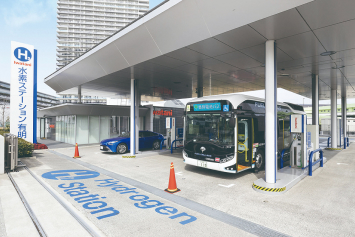
1) JPEC is developing an integrated manufacturing process technology to produce electrolytic syngas from water and CO₂ and convert it into liquid synthetic fuel (e-Fuel) using renewable energy. In accordance with Japan’s national roadmap aiming for self-sustained commercialization in the early 2030s to 2040, we will develop basic fundamental technology until 2025, followed by technical development to establish highly efficient and large-scale manufacturing technology.
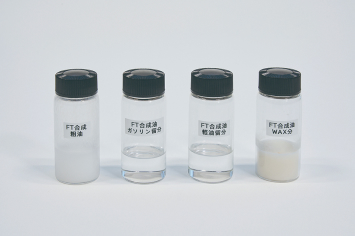
2) To expand the use of liquid synthetic fuels (e-Fuel) as fuel for transport, we will analyze and investigate the properties of synthetic fuels in Japan and overseas. We will determine conformity to standards and fuel composition, clarify issues and measures when using synthetic fuels, and study the potential for improving engine performance that takes advantage of the characteristics of synthetic fuels.
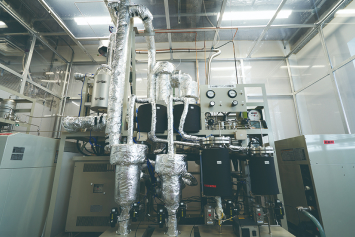
1) To increase production of low-carbon fuels such as SAF, JPEC is conducting research and development on technologies for use of recycled waste and processing of low-carbon base materials such multiple types of biofuels, using petroleum refining processes.
* SAF (Sustainable Aviation Fuel)
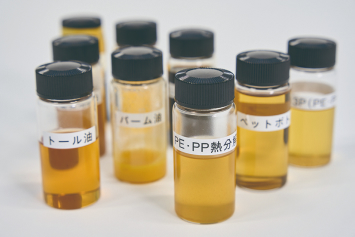
2) Utilizing component information obtained by Petroleomics technology* and digital and AI forecasting technologies, we are conducting research and development in technology for co-processing with petroleum products and studying the impact of low-carbon base materials on petroleum refining facilities and countermeasures against those. And at the same time, we are performing R&D to realize upgraded and optimized operations.
*Petroleomics technology: Technology that achieves innovative efficiency improvements in the petroleum refining process by using ultra-high performance analyzers (FT, ICR, MS ) to analyze in detail the molecular structures that make up crude oil and heavy oil and by integrating the data obtained with advanced information processing technology
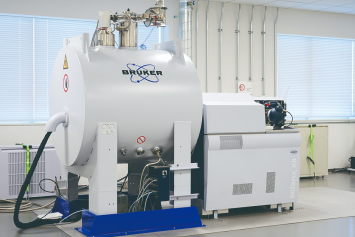
JPEC is developing a large scale innovative chemical recycling process to convert waste plastics*, which are difficult to recycle as materials, into basic chemicals by utilizing petroleum refining processes. By realizing the reuse of waste plastics that hitherto could not be reused, we will contribute to the achieving of a recycling-oriented society.
* Plastics that are difficult to reprocess due to the presence of heterogeneous plastics and foreign substances mixed in as industrial and general waste
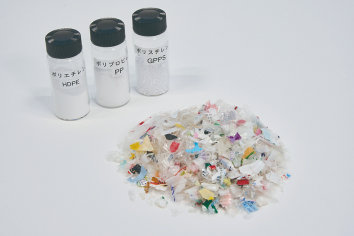
JPEC will contribute to the establishment of a hydrogen supply chain at an early stage by leveraging our know-how accumulated through the technological development of hydrogen stations and by developing various technical standards, handling guidelines, etc. for hydrogen filling, steel materials, hydrogen storage tanks and the like.
